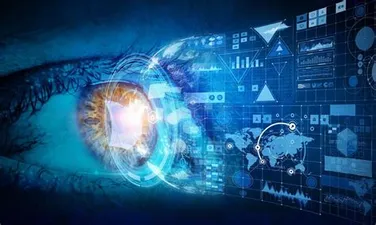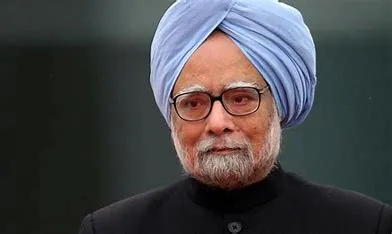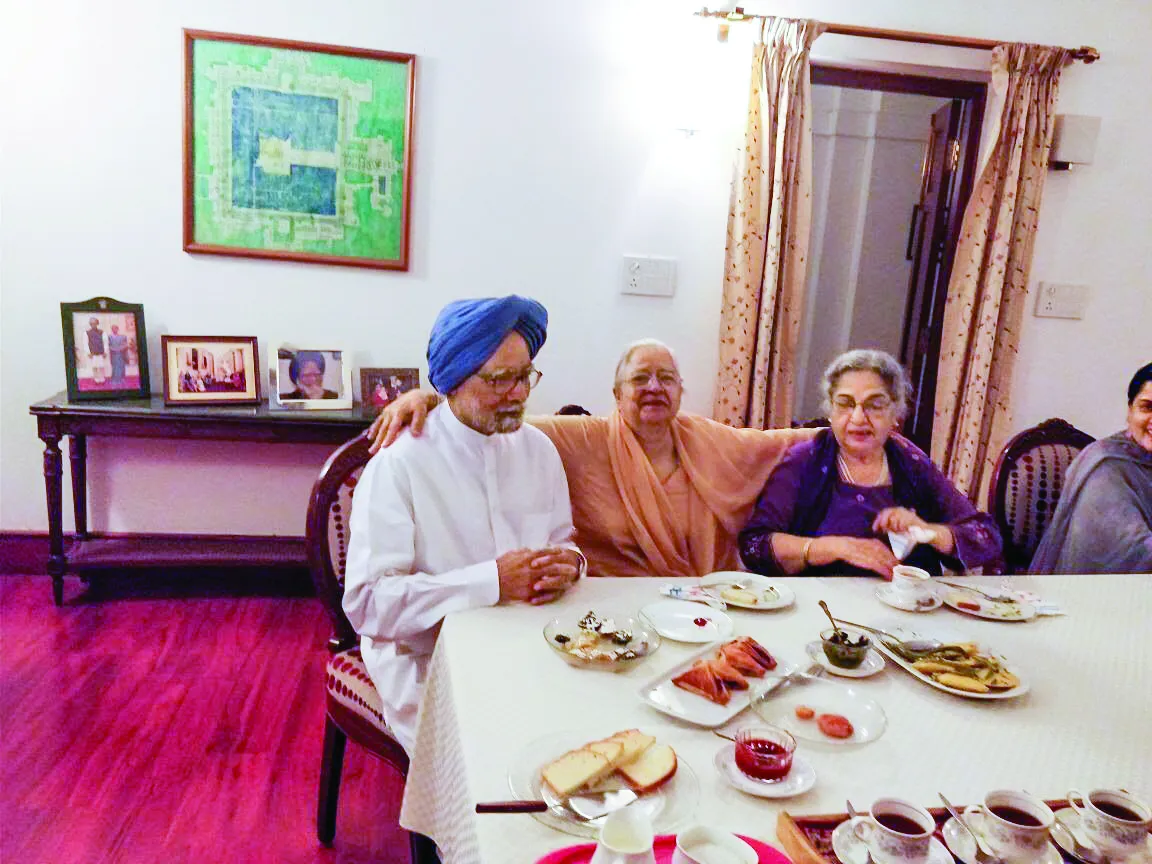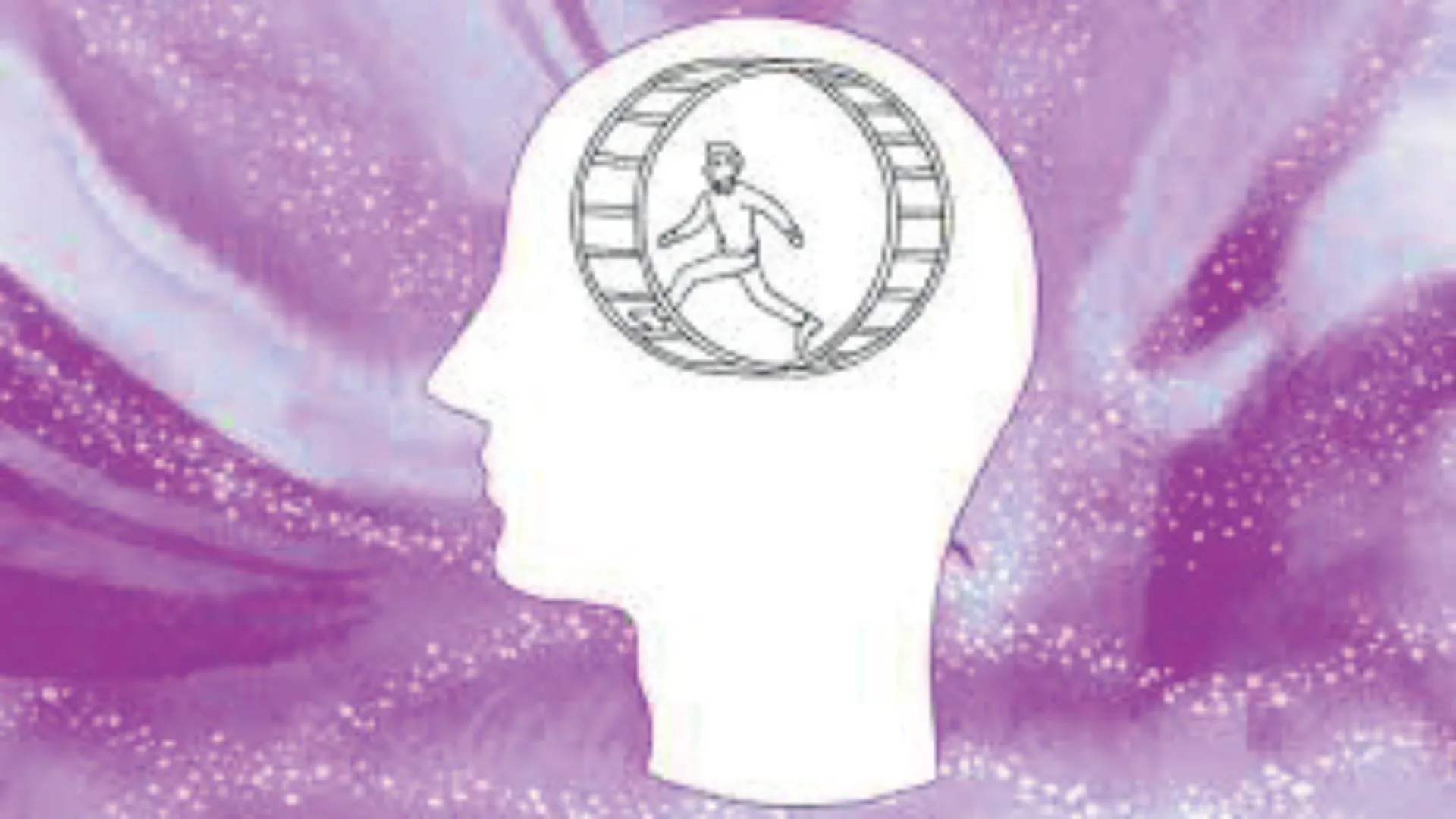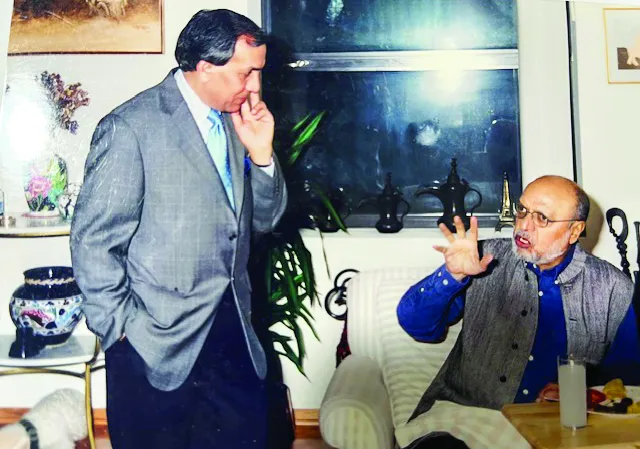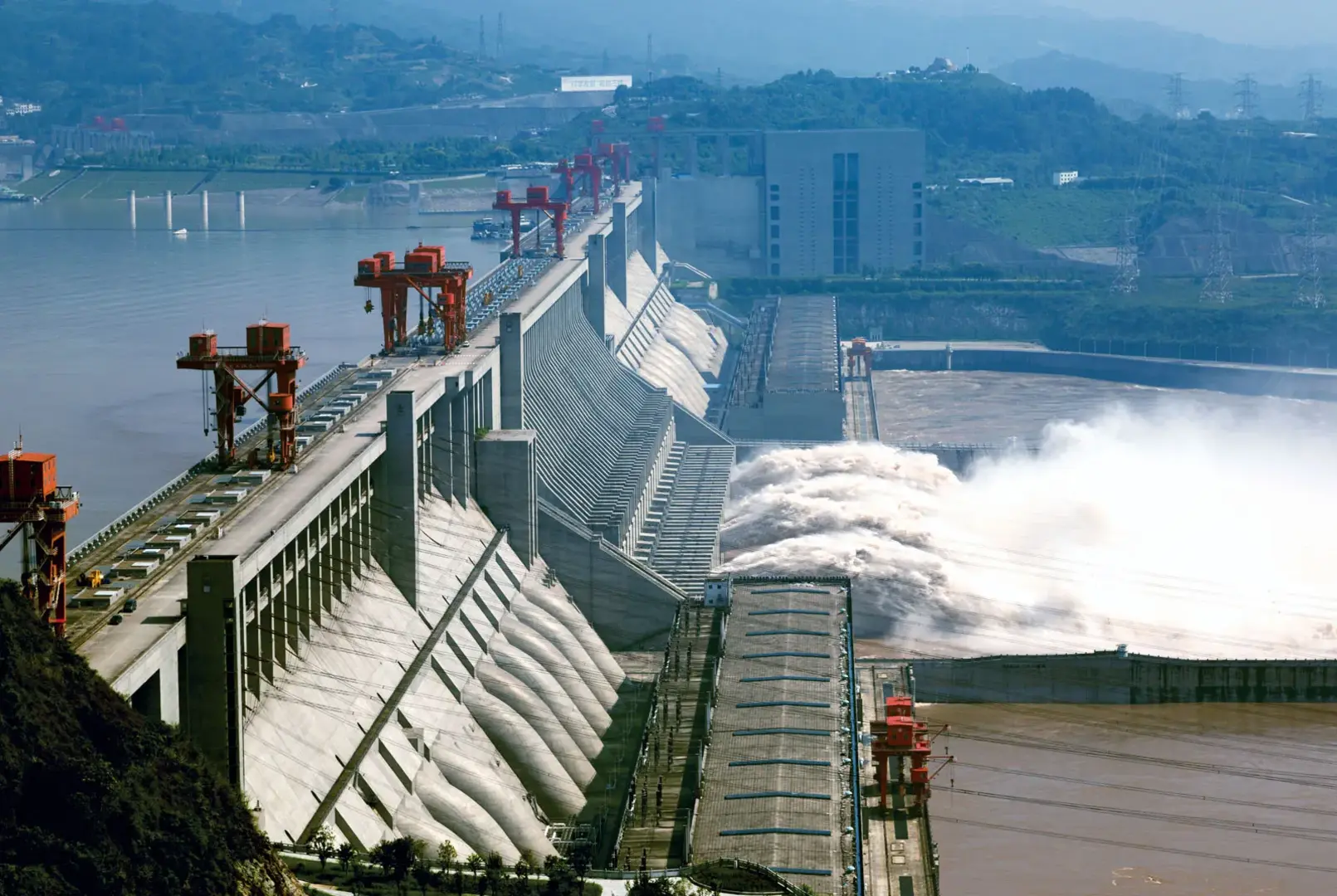Nowadays you can open the Artificial Intelligence App on your phone or laptop and ask, “Can you review my resume please, and also, how do I ace my interview?” The AI App will probably give you half a dozen exemplary suggestions. Or you could say, “Can you write an article about climate change?”
This is just the latest buzz from the AI world. However, AI has been used for a long time in E-commerce, finance, education, administration, shopping, marketing, social media, robotics, healthcare, data security, and even gaming. Just a few days ago, someone told me about generating music using AI. It was extremely fascinating.
Automating every day work is smart. Didn’t someone say, “Work Smarter, Not Harder?” This saves us time, energy, and effort and also maximizes the output with minimal room for errors and mistakes. The field of data science is also advancing, and automation is becoming the key to any game’s success. Artificial intelligence helps in solving complex problems and it has truly created a revolution today. It is difficult to imagine a comfortable life ahead without the use of artificial intelligence.
Let us take a few steps back now, shall we? As you know, the industrial revolution happened around the 18th century. The advent of the steam engine created a powerful change in our lives. We used steam power everywhere – agriculture, factories, textiles, manufacturing, travel by rails and roads, etc. The scientific and technological revolution happened, we started using gasoline for automobiles, we invented airplanes, and fertilizers, and discovered electricity, telephones, radio, television etc. That route took us to the modern world as we know it today that was birthed grandly with great pomp and show.
Now, if you are feeling awe on reading this on your smartphone, then you are experiencing the results of the next biggest thing – the digital revolution. Cloud, internet, social media, data science, electronics, information technology, and the complete digitization of the world is where we currently stand.
All of these are periods in current human history when an immeasurable and poignant change happened, even without us realizing it. Our everyday lives have become more comfortable, no doubt. More than that, there is a paradigm shift in the way we think about life, the world around us, and the workings of the universe. Our minds and hearts have opened up to other possibilities. We envision things that may not have been part of our consciousness in any remote way a century ago – like for example, the possibility of habitation on other planets or conducting research in a laboratory a few hundred kilometers away from our earth on the International Space Station, or discussing heart transplantation, genetic engineering, 3-D printing, etc. We live, work, and communicate faster and in more complex ways.
The Intelligence Revolution:
The Industrial revolution gave way to the intelligence revolution. Machines perform basic human functions. In future, machines will also be able to mimic advanced human cognitive processes. Well machines already have problem solving capabilities, and are becoming more and more intelligent with every new generation. Emerging algorithms-driven AI and code-driven systems have disrupted the way we make sense of our lives. But I wonder how will human autonomy, decision making, moral and ethical values, evolve? How human will humans be? Perhaps as a species we may continue evolving, and may continue to become more efficient in many ways. AI has achieved superhuman capabilities, and perhaps, by using AI we may eliminate global poverty, achieve 100% literacy in the world, and make this world disease free.
The Moral and Ethical Intelligence Support:
In most areas of life, we understand that there are experts, whose domain knowledge we value and look forward to. AI gives us expertise in so many of such domains, and also solves our challenges, making lives easier, simpler and beautiful. However I wondered can AI give us guidance regarding morality, ethics, and values? I came to know that there is an AI that is expert on the Bhagavad Gita. So does it make the AI an expert in morality? Or perhaps as we narrow it down, in the Gita and regarding queries about our life for which we can use Gita as a pivot. So now does AI indirectly help us become better people?
Wait, till you check this out – Blanca Rodríguez-López and Jon Rueda from Spain published an article in the journal, “AI and Ethics” in 2023 where they say how AI can help us improve our moral compass. There are AI models that give us information and ask questions in such a way that they point out the limitations of our psychological evolution. At times they advise us, and improve our own decision making capacity. A very encouraging AI called SocrAI, that is modeled on Socratic philosophy, that is still in the developmental phase, has the ability to guide us through complex moral and ethical judgements. ChatGPT is a very popular AI that is open source, and because of that, the general public’s awareness is growing and we are comfortable in maintaining conversations with AI. Now, if someone were to come along, and say, “Okay, let me tell you what Socrates would have advised you in this situation, or say Lord Krishna would have guided you towards, just like he did for Arjuna,” we naturally get excited.
Natural Intelligence Revolution:
The power of information, empirical science, and data doesn’t take away our autonomy or responsibility of decision making and accountability. It can at best aid our mental, emotional and perhaps spiritual faculties.
In ancient Indian mythology, the Swan is considered to be a sacred bird that. When offered muddy water, it separates and drinks only the water from the mud. It is also known to separate milk and drink only milk, from a mixture of water and milk. It is a symbol of purity and that myth has left a mark in me. Today, my power of discretion or discernment has been greatly improved by a heart based meditation. No matter how much science and technology and digitalization develops and evolves, the heart will always be the final frontier of wisdom, intelligence and intuition.
What if our thirst for bettering our lives, and continuing to find ways to evolve, was not about more and more science and technology? What if in the deepest parts of our DNA is an inspiration to bring out the best versions of what a human species is capable of? What if the root or base of all this was not a cerebral or cognitive advancement, but a desire for the human species to thrive in a more humane way? What if our consciousness is struggling to break from the shackles of our own preconceived limitations of what we are capable of, and find new perimeters of the same consciousness?
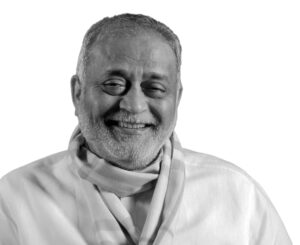
Kamlesh Patel, known to many as Daaji, is the fourth Global Teacher of Heartfulness meditation, who teaches simple heart-based meditation practices to suit the busy lifestyle of today.

